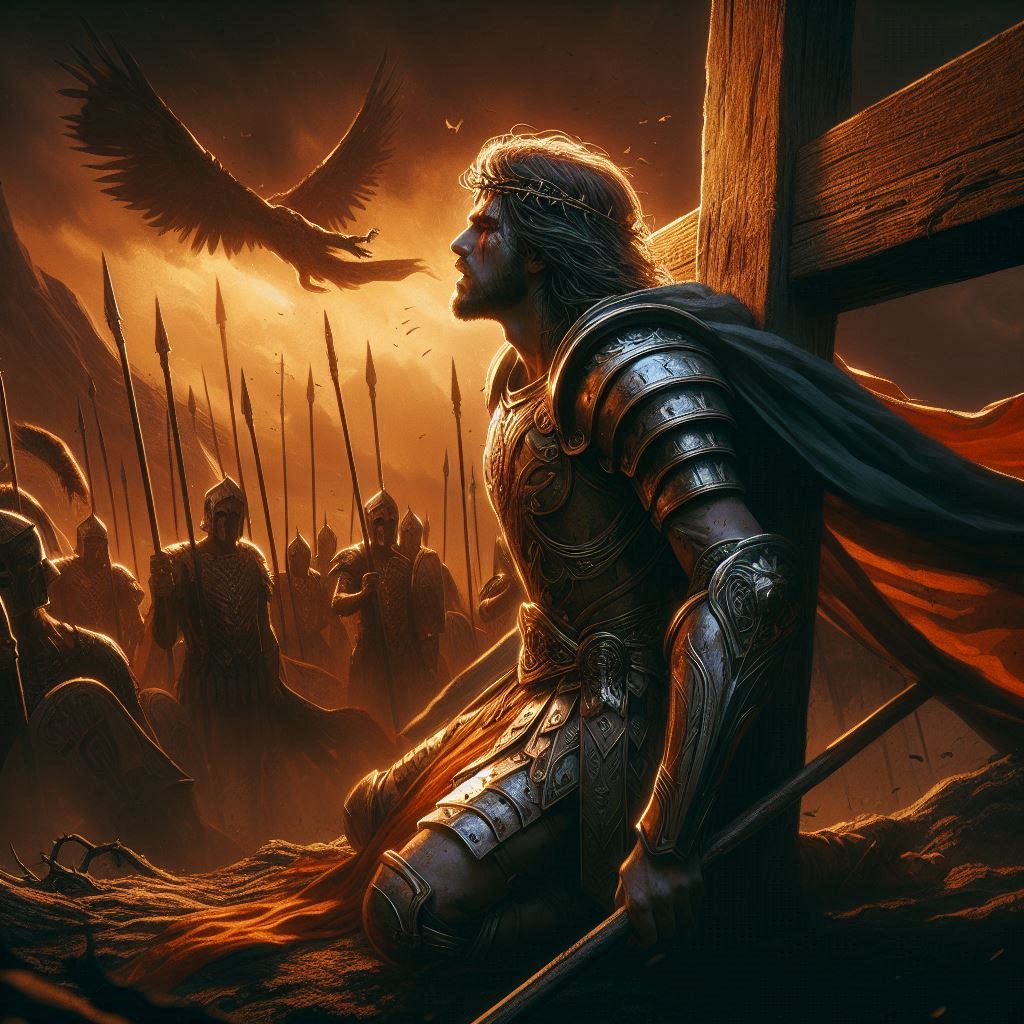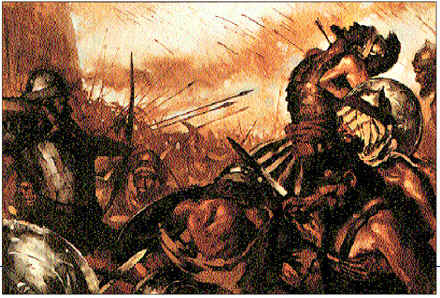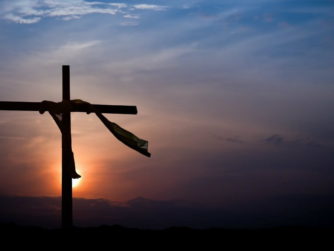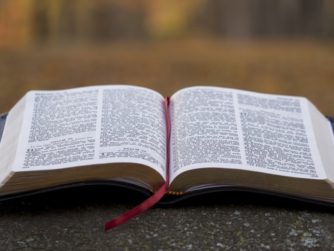“He was taken from prison and from judgment, and who will declare His generation? For He was cut off from the land of the living; for the transgressions of My people He was stricken.”
—Isaiah 53:8
Isaiah 53 paints a profound portrait of the Suffering Servant—Christ—who, though innocent, was condemned, cut off prematurely, and died without a biological heir. Yet through His suffering, He brought forth a spiritual generation—the redeemed. This prophetic mystery finds a striking parallel in an unlikely Old Testament figure: Uriah the Hittite.
Though often overlooked, Uriah’s story closely mirrors the sufferings of Christ, revealing deeper truths about divine justice, human sin, and the redemptive pattern hidden in Scripture. He was a faithful man, a loyal soldier, and a servant of God’s purposes—yet he was betrayed, silenced, and unjustly killed. His death, like that of Christ, was not for his own wrongdoing but because of the sins of others.
Uriah: A Type of Christ
Uriah’s character stands in stark contrast to the treachery around him. He was loyal to his king, faithful to his comrades, and respectful of the ark of God. And yet, he was sent to his death through a calculated betrayal. David, the man after God’s own heart, had committed adultery with Uriah’s wife, Bathsheba, and sought to cover his sin by manipulating Uriah and, eventually, orchestrating his murder.
According to the Law, both David and Bathsheba should have faced death for their sin. But God, in His mysterious justice, allowed Uriah to die instead. He became the one who suffered the consequence of another man’s transgression. This was no ordinary battlefield death—it was a sacrifice permitted in the very presence of God (symbolized by the ark of the covenant), prefiguring the substitutionary death of Christ.
Just as Christ bore the punishment for the sins of others, so too did Uriah carry the weight of David’s guilt. The righteous was handed over by the hands of the guilty. This was no mere accident of war; it was a deliberate, sanctioned betrayal, echoing how Jesus was handed over to death by religious leaders who feared the exposure of their own sin.
A Shared Suffering: Parallels with Isaiah 53
Several verses in Isaiah 53 shed light on how Uriah’s life reflects the path of the Suffering Servant.
“He was wounded for our transgressions…” (Isaiah 53:5)
Uriah bore the consequence of David’s sin. Though he had done no wrong, he was sent to die because of the wickedness of another. This image foreshadows Christ’s substitutionary sacrifice for humanity, who bore our sins on the cross.

“He was oppressed and He was afflicted, yet He did not open His mouth… Like a lamb that is led to the slaughter, and like a sheep that is silent before her shearers, so He did not open His mouth.” (Isaiah 53:7)
Uriah, though betrayed, offered no protest. He obeyed his king, unaware of the death sentence sealed in his hand. He walked straight into battle with unwavering loyalty—just as Christ, knowing full well the suffering ahead, did not resist His accusers.
“He was cut off from the land of the living… and who shall declare His generation?” (Isaiah 53:8)
Both Uriah and Christ died without leaving biological offspring. Their lives were seemingly extinguished without a legacy. Yet in God’s sovereign plan, both were given a spiritual lineage. In Uriah’s case, God honored his sacrifice by including his memory in the lineage of Christ (Matt 1:6)—his name preserved through the redemptive story of David and Bathsheba’s son, Solomon.
“He poured out His soul unto death and was numbered with the transgressors…” (Isaiah 53:12)
Uriah died among Israel’s enemies – Ammonite, counted as one of the fallen in war. Christ was crucified between criminals. Both were treated as transgressors, yet both remained blameless in character.

The Curse Upon David’s Household: The Judgment of God
The judgment that followed David’s sin was not light. Through the prophet Nathan, God declared that the sword would never depart from David’s house (2 Samuel 12:10), and that calamity would rise from within his own family. This judgment symbolized more than just familial strife—it represented God’s stance toward sin in the flesh.
David’s first “house”—marked by sin, betrayal, and death—serves as a type of the fleshly nature we are all born with. It cannot inherit God’s promise. The old (sinful) nature must die! The judgment upon David’s house parallels the divine decree that the carnal man cannot partake of the life and peace of God. The sword (the cross) must fall upon the sinful nature, just as it guarded the way back to the tree of life after the fall in Eden before we can have access to eternal life (Genesis 3:24).
But from the judgement of this cursed house (Sinful nature), God raised up a new line—through Solomon, the son of David and Bathsheba. It was from this line that Christ would come. Just as the old must pass away to make room for the new, so must we be born again—not of the flesh, but of the Spirit.
Uriah’s Death and Christ’s Redemption
The death of Uriah is a shadow, pointing to the substance found in Christ. Uriah, though innocent, bore the penalty of another’s sin. His name, though almost erased by human schemes, was redeemed by divine grace. God honored his sacrifice and wove it into the eternal story of salvation.
In the same way, Christ bore our sins—though He knew no sin, He became sin for us, that we might become the righteousness of God in Him (2 Corinthians 5:21). He died, not just as a moral example, but as a substitute, offering His life in our place.
Uriah died childless but his name was upon his inheritance through Solomon. Also, Christ in being “cut off” from the land of the living, brought forth many sons and daughters into glory. His generation is declared not by bloodline, but by faith.
A Call to Response
The story of Uriah and the prophecy of Isaiah 53 remind us of a crucial truth: the flesh must die, and only the new creation can inherit the promises of God. Like David, we all have sinned and deserve judgment. But like Uriah, an innocent has died in our place.
Christ has paid the ultimate price for our sins. He bore the curse so we might receive the blessing. He died without a generation so we could be born again as His children. The call is clear: repent, turn to Christ, and embrace the life only He can give so He can give you rest. Humble yourself to bear His yoke, and you will find rest for your soul.






